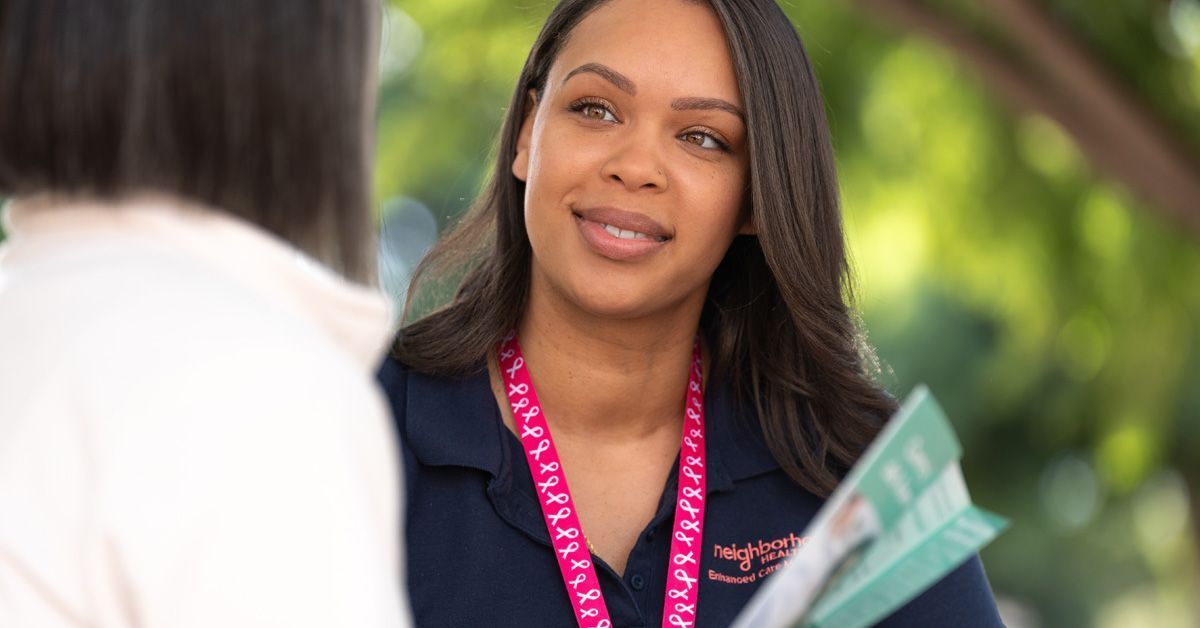UC San Diego Launches Community Health Worker Assessment Program, Addressing Disparities in Refugee Communities

San Diego, CA - A new initiative by the Center for Community Health at UC San Diego Altman Clinical and Translational Research Institute aims to enhance health care advocacy in underserved communities. The Community Health Worker Assessment Program (CHWAP) offers certification and employment opportunities for trained community health workers, focusing on issues faced by refugee communities.
CHWAP is a collaboration with several key partners, including the San Diego Refugee Communities Coalition, Somali Family Services, Workforce Development, and the County of San Diego. This collaborative effort aims to provide robust job readiness and a supportive network that reduces health disparities.
The program was led by Blanca Meléndrez, MA, executive director of CHWAP. "Together, we are creating a pathway connecting trained community health workers with opportunities for employment and growth," she said. "These partnerships ensure that our trainees are job-ready and supported by a community-driven network."
Displacement and Health Disparities
Refugees who experience displacement face unique challenges, including mental health trauma, interrupted healthcare access, disease epidemics, and deteriorated chronic conditions while navigating the stress of finding a new home.
The Displacement and Health Research Center, established in 2021 by Dr. Tala Al-Rousan, aims to study displacement as a social determinant of health and advocate for policymaking.
"Communities benefit from having students who are from the communities that we serve," Dr. Al-Rousan said. "Their experiences, which are their biggest assets, are celebrated and harnessed. It helps build trusting relationships with students feeling supported when their passion is to give back to their communities."
One of the lab's students, Rawnaq Behnam, MPH, who arrived in San Diego as a refugee in 2014, credits her involvement with the Displacement Lab for making her graduate school experience more meaningful. "The lab allowed me to implement my skills," she said.
Currently, 50 students are involved with the lab, including Araz Majnoonian, whose family has been displaced three times. Seeing how this impacted his parents' health led him into refugee health, which he aims to use to help his own community in return.
**The program offers an exciting opportunity for the next generation of healthcare professionals to address disparities in underserved communities and make a real difference in people's lives.
